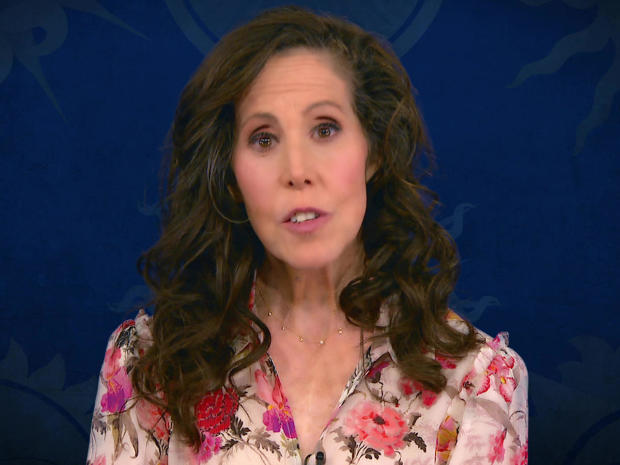Our commentary is from Amy Silverstein, one of this nation’s longest-surviving heart transplant recipients, and author of “Sick Girl” and “My Glory Was I Had Such Friends”:
Last night, I climbed the 13 stairs that lead to my bedroom, and when I got to the top, I put my hand to my heart and said thank you, because the climb was so easy, because the climb was propelled by a magnificent, healthy donor heart.
I’ve lived with two donor hearts over 35 years. I had my first transplant at 25, and when that failed, I had my second at 50. But in January my daily runs became difficult. Tests showed my heart was perfect. But additional tests revealed I have incurable cancer. It is in my lungs now. I will die soon.
I’ve had an extraordinary life. I finished law school, had an epic love with my husband, got to raise our son. I had the most glorious friendships. I wrote two books.
And I am so grateful, like every transplant patient I’ve ever met.
But all too often this intense gratitude creates a cloak of silence that hides the realities of transplant life.
The fact is, organ donation is miraculous. Transplant medicine is not.
In 40 years, there has been very limited change in the medicines that patients take daily to prevent rejection of their donor organs. These immunosuppressive drugs continue to wreak havoc on the body, dramatically increasing the risk of diabetes, kidney failure, dangerous infections and, yes, cancers.
And all of this is hidden well behind that pervasive gratitude recipients feel for their donor organs. When you are given everything, there is subtle and explicit pressure to ask for nothing more.
This constrains honest dialogue, and removes a sense of urgency to make meaningful improvements to the existing transplant drug regimen.
Perhaps this is why life expectancy for heart transplant patients has not changed substantially since my first transplant in 1988.
Or why the federal agency metric for transplant success sets an embarrassingly low bar of one-year survival.
Or why research for new transplant medicines is chronically underfunded.
So, I am speaking up now, while I still can, for change, and for all the transplant recipients I’ve known who died because the medicines fell short.
And for the donor families who gave life to these patients.
They deserve so much more.
And there’s nothing ungrateful about saying so.
For more info:
- amysilverstein.com
- Follow Amy Silverstein on Twitter, Facebook and Instagram
- “Sick Girl” by Amy Silverstein (Grove), available in Hardcover, Trade Paperback, eBook and Audio formats, via Amazon, Barnes & Noble and Indiebound
- “My Glory Was I Had Such Friends: A Memoir” by Amy Silverstein (HarperCollins), available in Trade Paperback, eBook and Audio formats, via Amazon, Barnes & Noble and Indiebound
Story produced by Deirdre Cohen. Editor: Ed Givnish.
See also:


